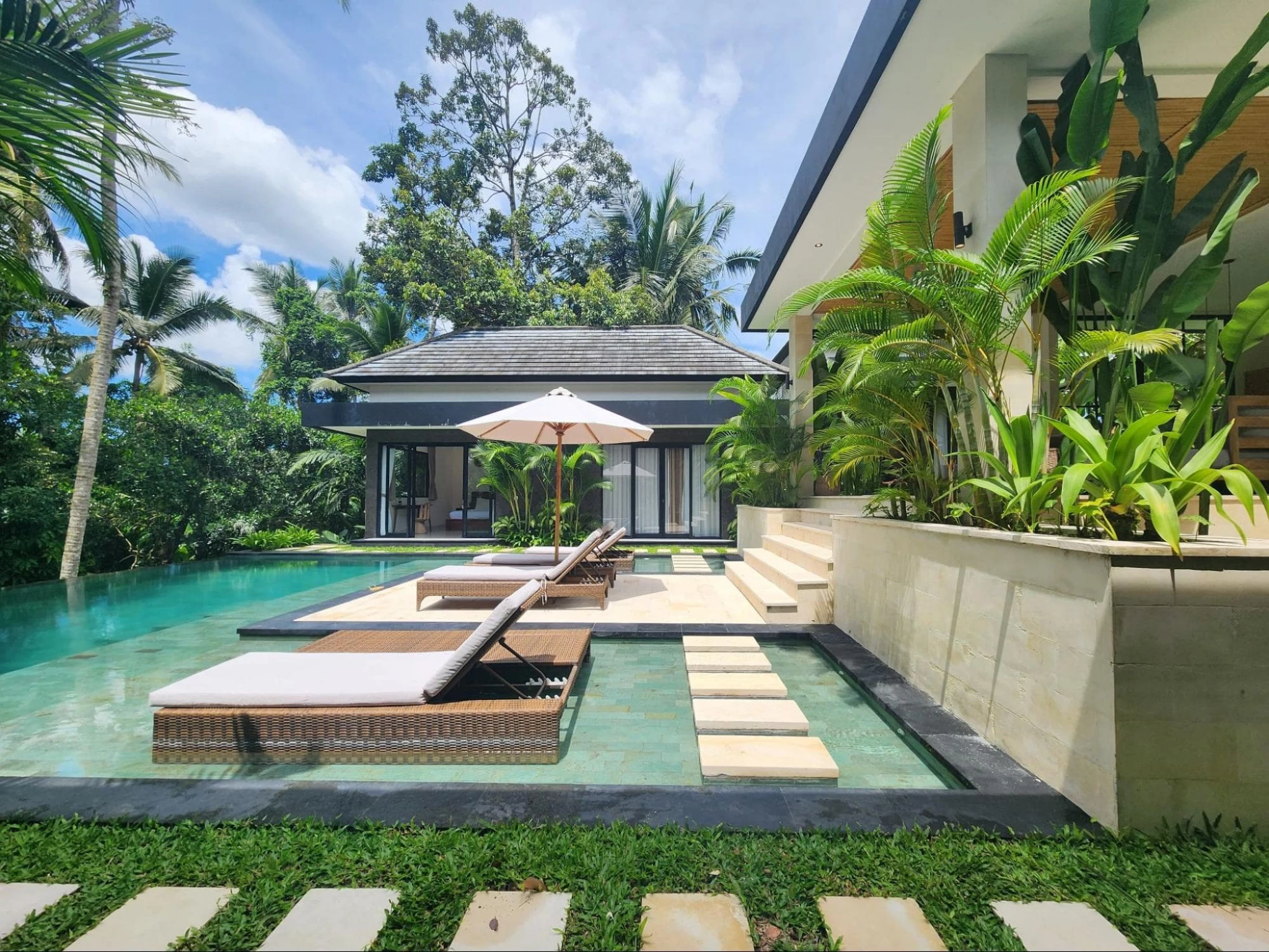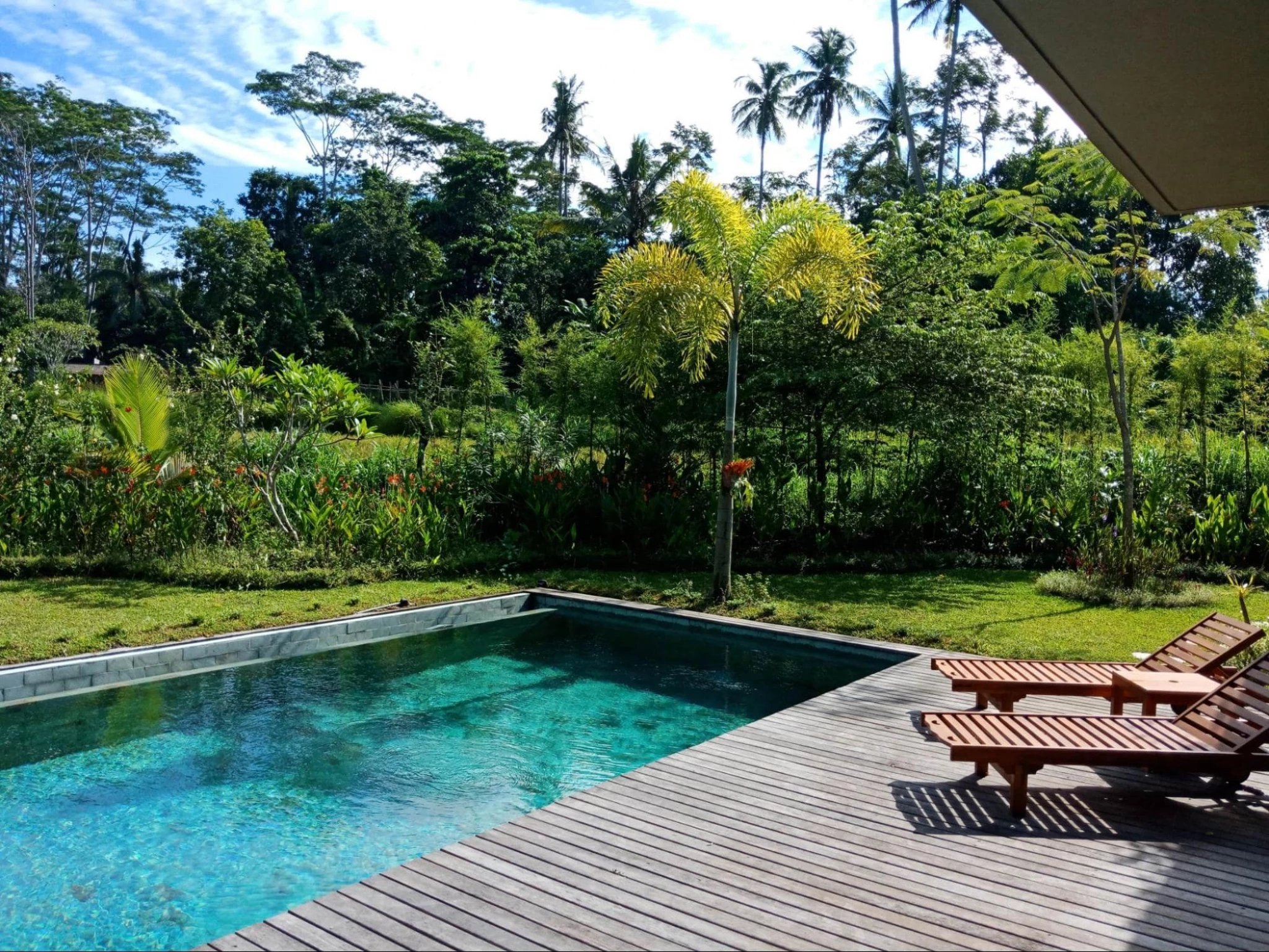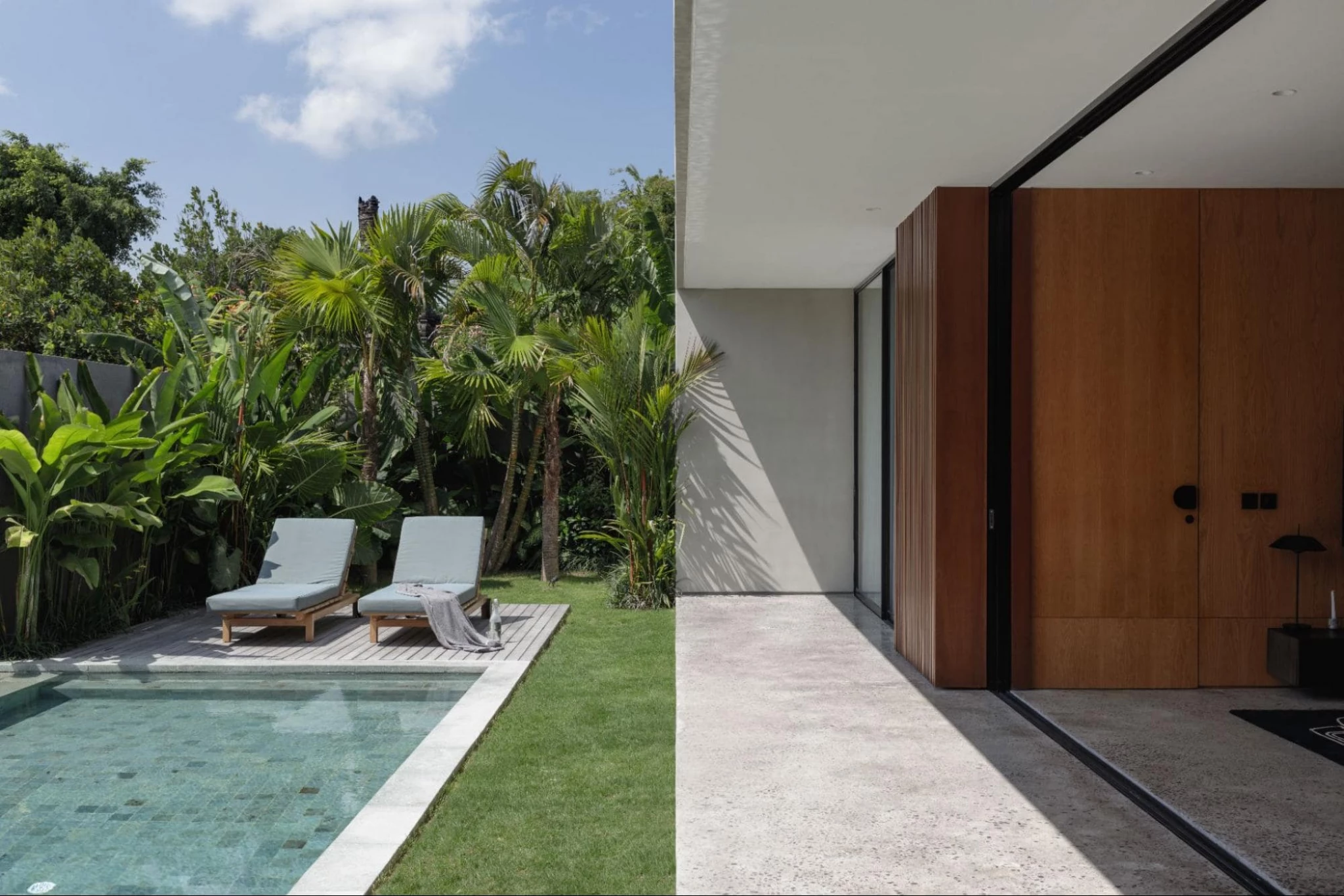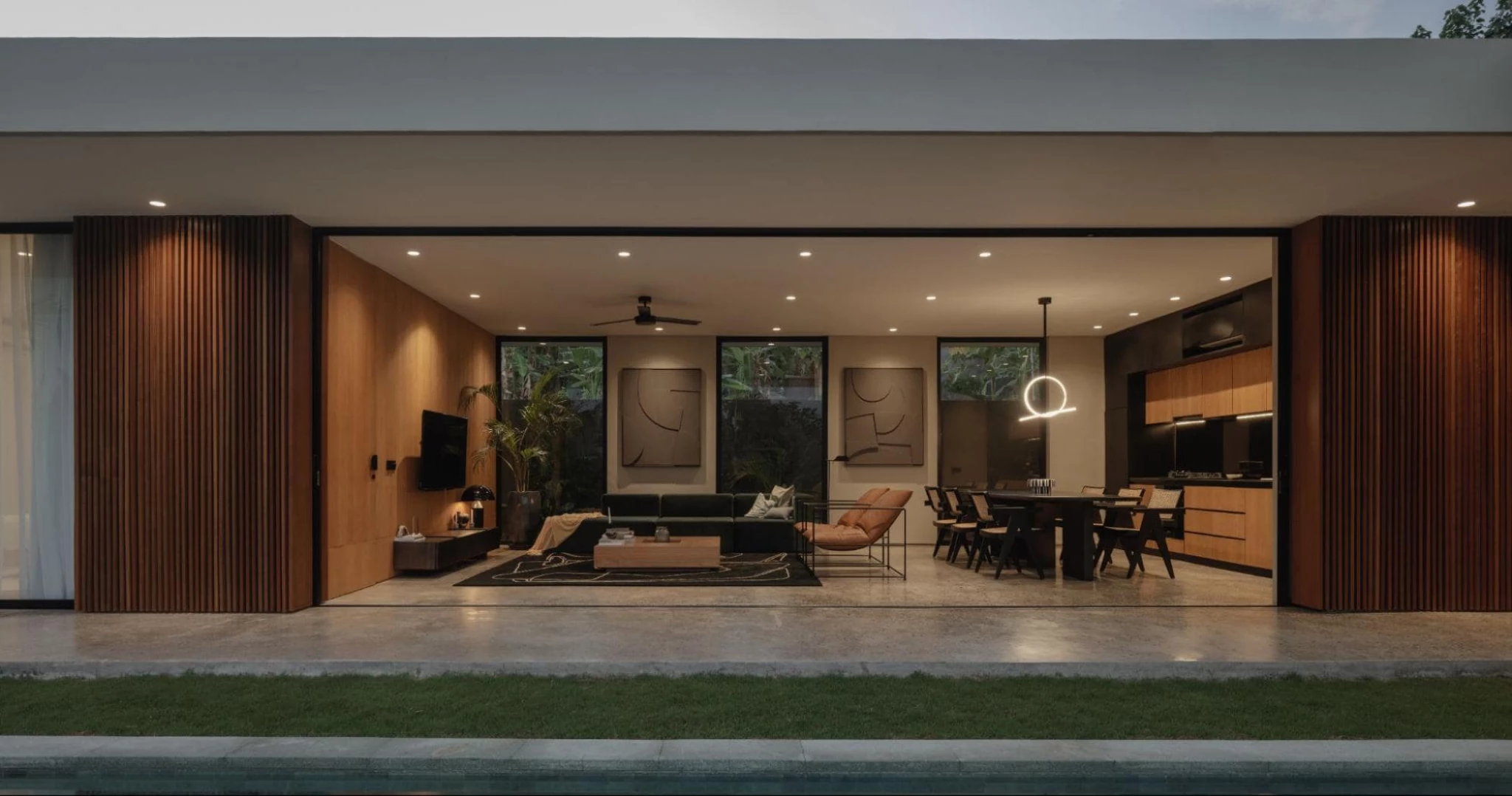Investissement Villa Bali
Aug 26, 2025
bali's hotel boom: a mirage in a desert of stagnation?
As Ubud prepares to welcome yet another luxurious hotel from the renowned InterContinental Hotels Group (IHG), one can’t help but wonder: is this the future of tourism or just an extravagant folly? With the hotel scene exploding in the post-COVID landscape, there’s something perplexing about the decision to add more accommodations when the influx of tourists has barely budged.
A Saturated Market

Bali has transformed into a veritable labyrinth of hotels, each vying for the attention of an ever-dwindling number of visitors. The statistics paint a clear picture: an overwhelming increase in hotel offerings amidst a stagnant tourist turnout. In a time where consumer spending power is waning, one has to scratch their head in disbelief at the persistent belief that adding more rooms will somehow magically resolve these challenges.
The Illusion of Prestige

It’s ironic, isn’t it? A prestigious name like IHG, entrusting its success to brand recognition alone, seems to forget the fundamental rules of market demand. Does no one find it shocking that this project seemed to bypass basic market research? The assumption that people will flock to a well-known name in a saturated environment feels less like strategic planning and more like wishful thinking.
Rethinking the Strategy

With hotels sprouting in Ubud like daisies, it’s high time to ask the hard questions. Why not focus on enhancing the quality of existing establishments rather than diluting the market further? Shouldn’t the emphasis be on creating memorable villa experiences rather than just stacking more beds?
Conclusion

In the grand scheme of Bali’s tourism, the upcoming hotel may be touted as a boon, but to many, it raises eyebrows and concerns. Perhaps it’s time for hoteliers to step back and reassess what truly benefits the island. After all, a saturated market without genuine demand isn't progress; it’s a mirage in the desert of stagnation.